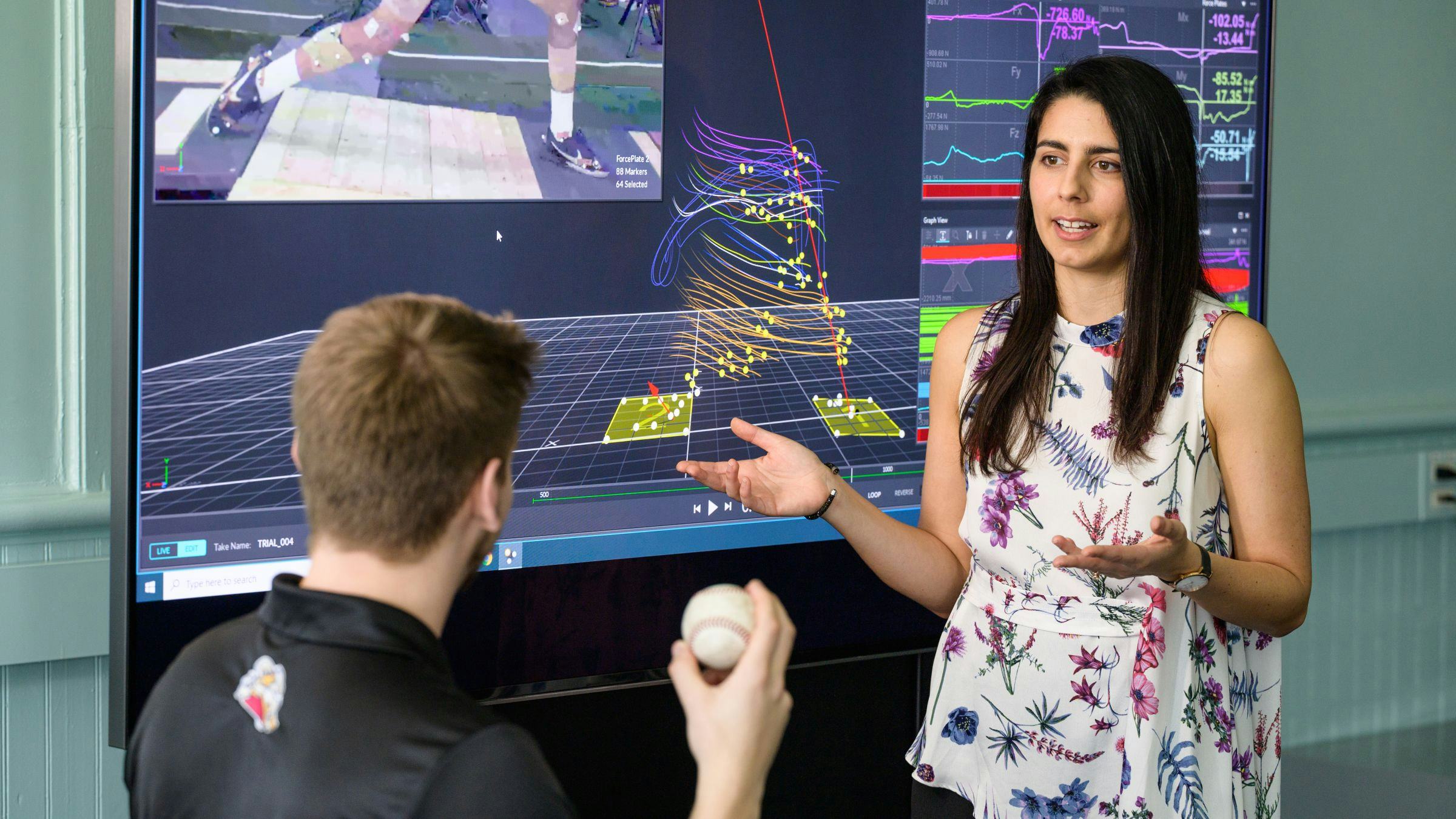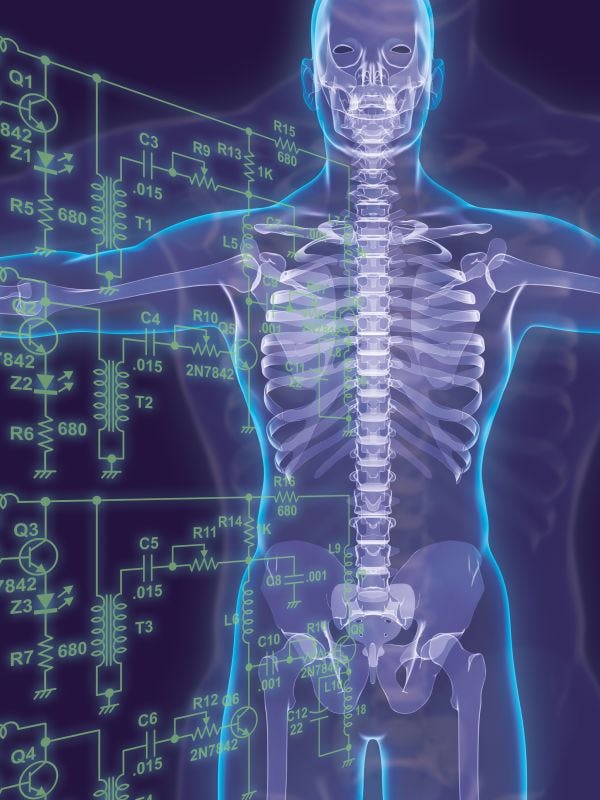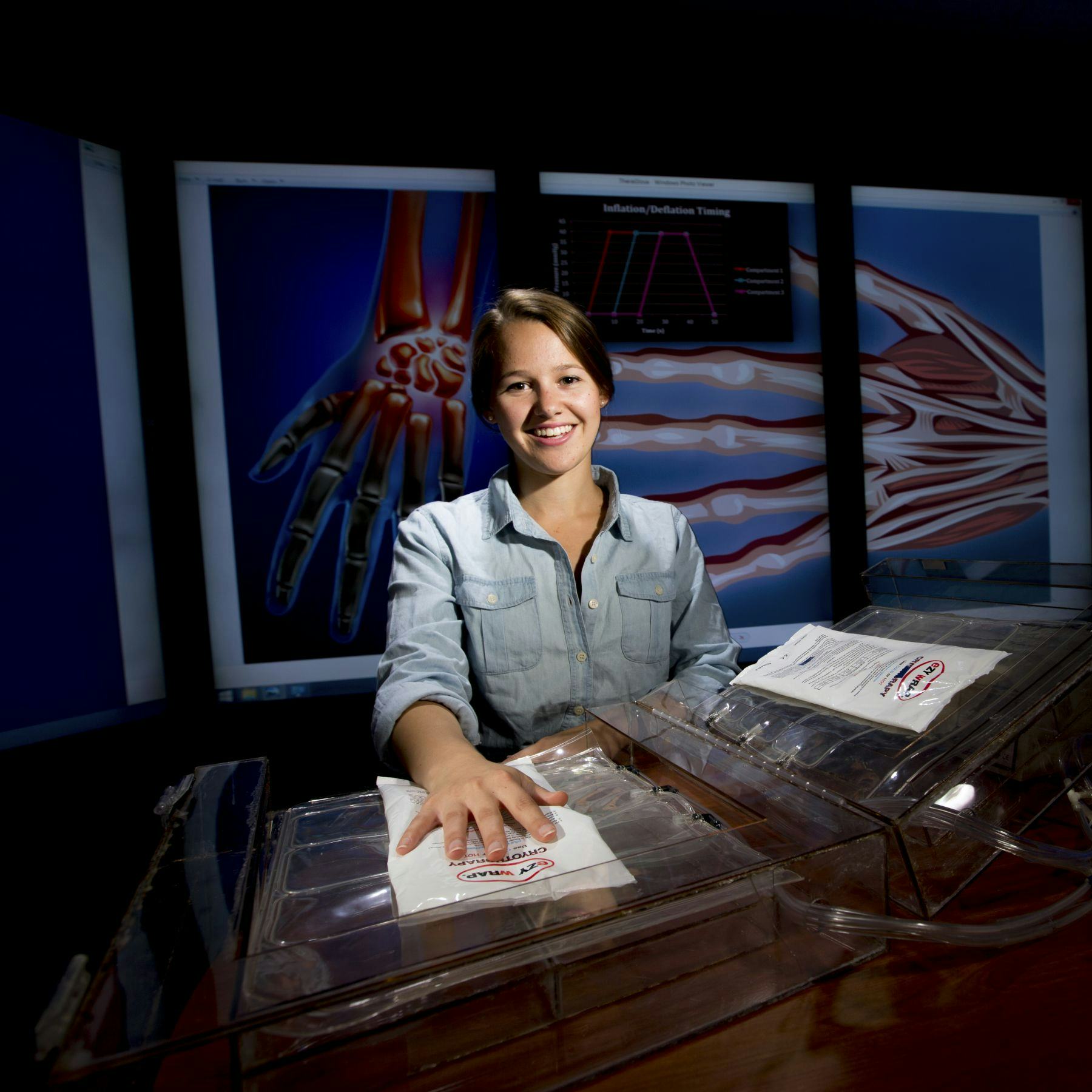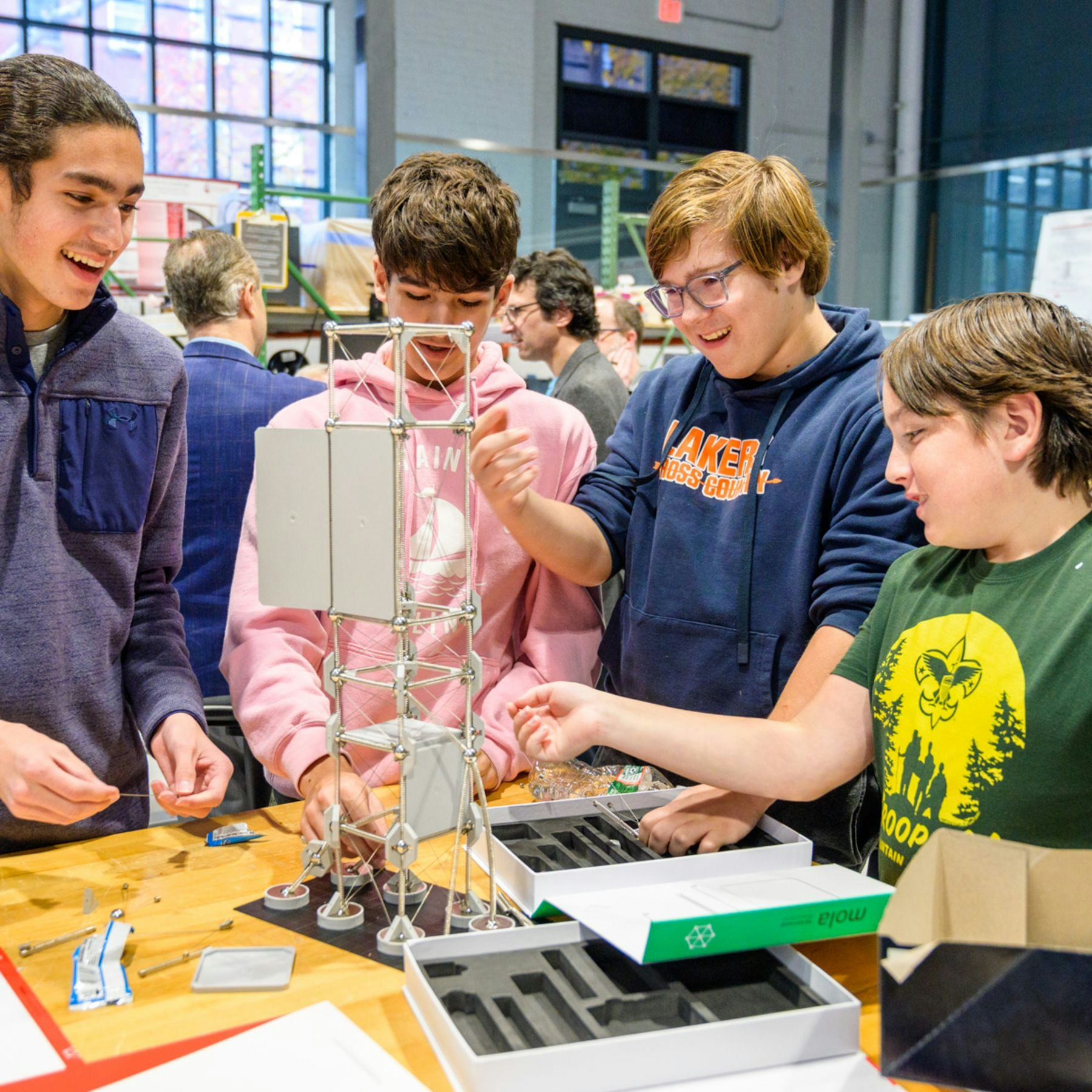
Department of Biomedical Engineering
Academic Programs
Catalyze Your Career

Announcements
Department Facts

Biomedical Engineering Research
Our entrepreneurial environment encourages technological innovation from concept to commercialization with a focus on advancing biomedical technology, healthcare delivery and nanotech applications.

STEM Outreach at the Schaefer School
The Charles V. Schaefer, Jr. School of Engineering and Science is dedicated to science, technology, engineering, and math education and enrichment at all levels. Our numerous STEM outreach and education programs are designed to instill a love of science and technology in both teachers and students from K - 12 throughout the New York and New Jersey area, and beyond.
Get Social With Us
What’s happening in the Department of Biomedical Engineering at Stevens? Follow us on Instagram and LinkedIn for student life, faculty highlights and research in action.
Department News
Upcoming Seminars and Events
Department Leadership
Meet the faculty and staff leading the Department of Biomedical Engineering. Find contact information for department administrators, academic advisors and more.




